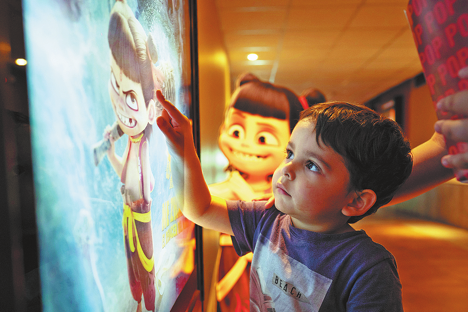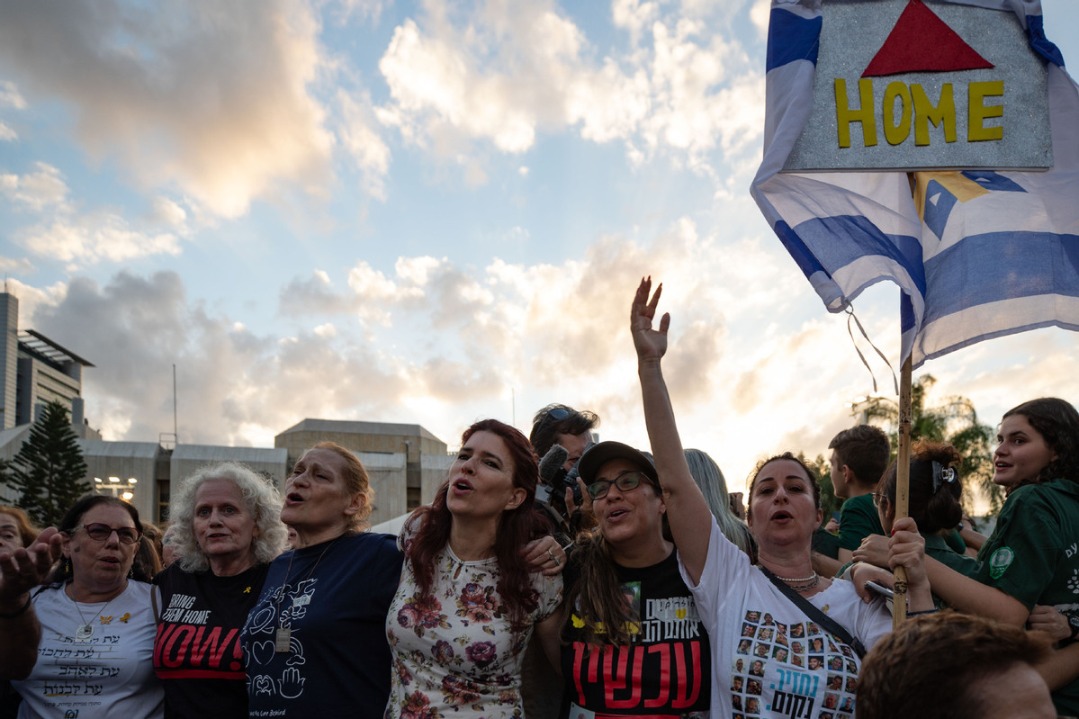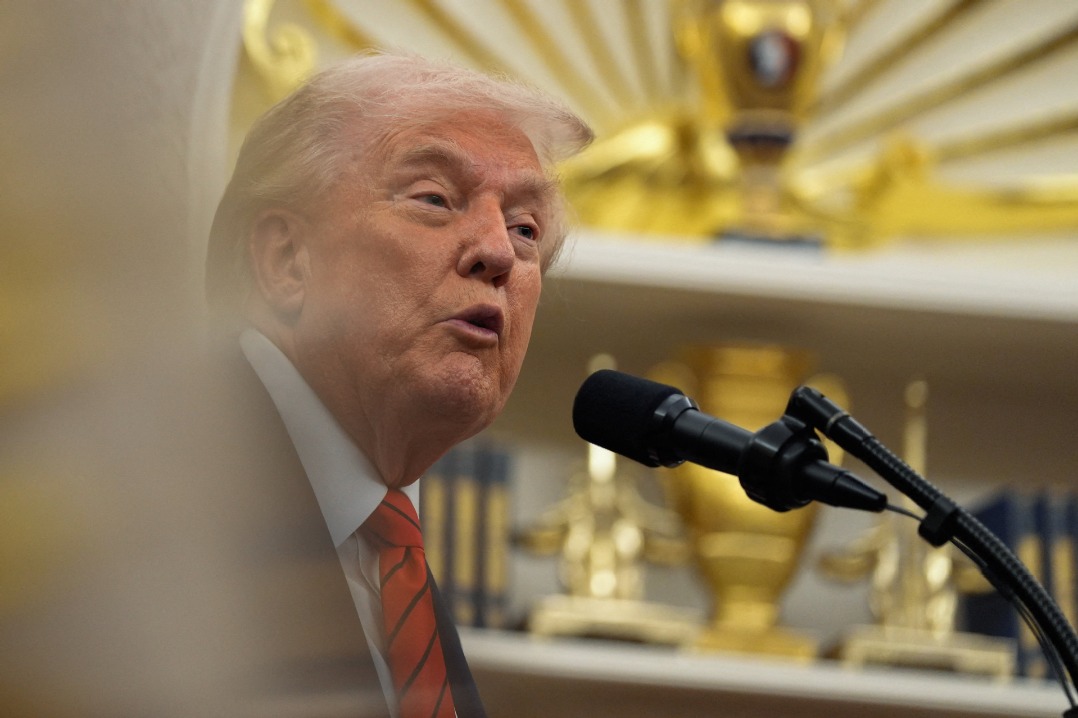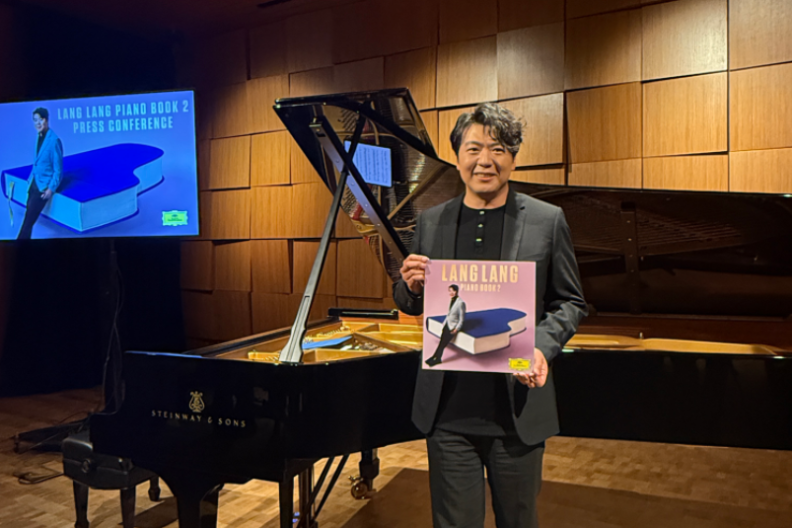Hypocrisy in the fight against anti-Asian hatred

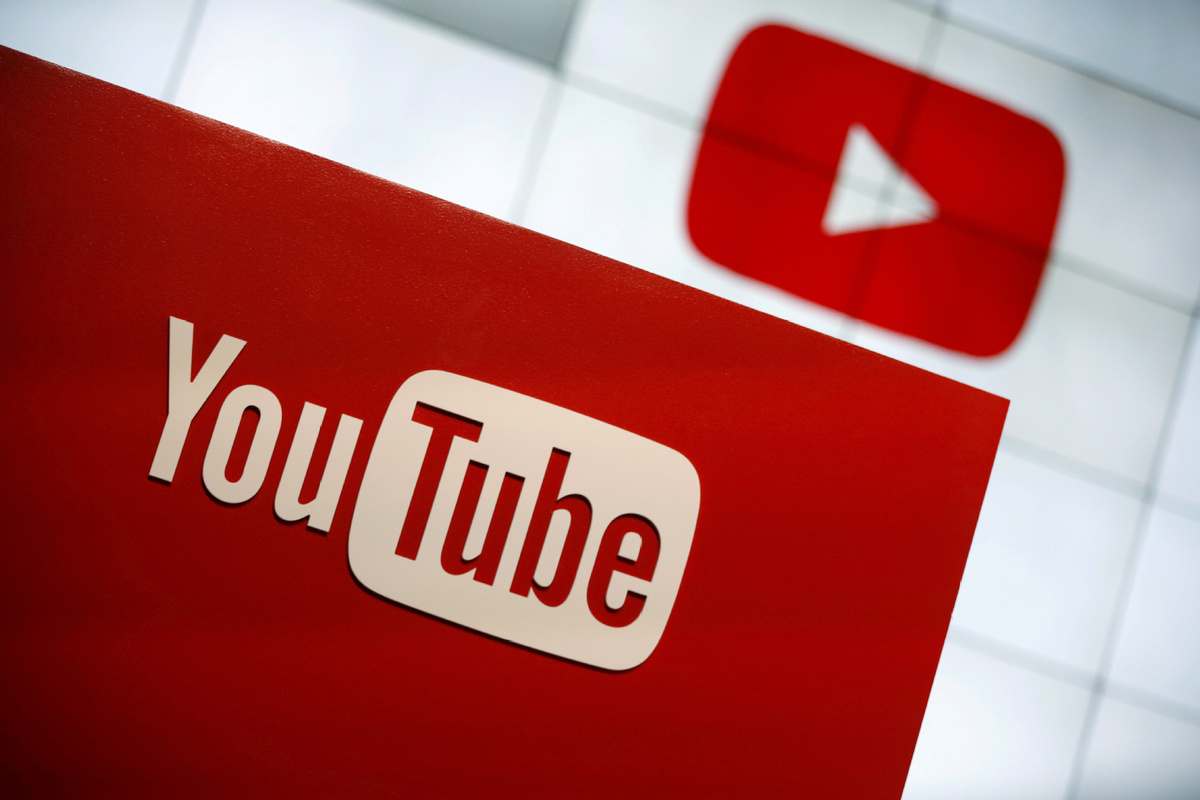
Hate crimes against Asians keep surging in the United States. Brutal physical assaults and verbal attacks make headlines almost every day. The high frequency and increasing severity of those incidents are almost suffocating.
Although the whole of society has chanted in "solidarity to stop Asian hate", some individuals and Big Tech companies still demonstrate insensitivity, gross societal negligence and moral misconduct.
This week, the video-sharing platform YouTube and its management's most recent refusal to remove an anti-Asian rap song stoked rage.
The song, Meet The Flockers, first was posted on YouTube by black artist YG in 2014. "Find a Chinese neighborhood, cause they don't believe in bank accounts," its lyrics state, and "F--- that laptop, go and get that jewelry box."
Controversy around the rap erupted shortly after its release. Many deemed the song offensive and racist. It not only stereotyped the Chinese community but provoked robberies and break-ins targeting Chinese Americans, opponents said.
In September 2016, three black men with guns sneaked into a Chinese residence in Georgia, searching for cash. The owner was forced to defend herself by opening fire at the intruders, killing one of them.
The shocking footage went viral on social media and prompted the creation of a White House petition that required the government to ban Meet the Flockers.
In response to the more than 114,000 petitioners, the White House cited the First Amendment and freedom of speech in YG's defense and directed the public to seek resolution with YouTube.
"Individual platforms determine their choice of content and the rules of participation and conduct for their sites," the White House response read.
Since 2016, several public petitions imploring YouTube to remove the song all failed.
This March, some YouTube employees who disagreed with their company's decision asked the site, which is a subsidiary of Google, to purge the song, the management once again denied the request.
According to a March 22 internal email, a YouTube executive wrote, "We find this video to be highly offensive and understand it is painful for many to watch … and especially given the ongoing violence against the Asian community."
The lyrics may violate the company's hate speech policy; however, YouTube makes exceptions for clips that have an educational, documentary, scientific or artistic context.
"I saw double standards, hypocrisy and self-righteousness from this YouTube email," said Andy Wei, a Bay Area financial analyst. "Artistic expression doesn't mean no bottom line. An artist, first of all, is a human being."
YouTube employees don't seem to buy the company's explanation. One challenged the executive by commenting on an internal message board: "This is your perfect opportunity to demonstrate your leadership as a lead for (the) 'Racial Justice Initiative'. Which side of the Edmund Pettus Bridge do you want to be on?"
Historically, black civil rights activists marched on Bloody Sunday in 1965 from Selma, Alabama, and crossed the Edmund Pettus Bridge to Montgomery when they were ambushed and attacked by police.
Also this week, two video clips showing crimes against Asians captured international attention. One showed a brutal beating by a black rider of an Asian passenger on the New York City subway.
The other showed a black convicted murderer out on parole heartlessly kicking and stomping a 65-year-old Asian woman in Midtown Manhattan.
Among the many passengers in the subway car, not one of them attempted to intervene.
More outrageous was the security staff member — inside the building in front of which the battered woman screamed for help — chillingly closing the door. Others in the building's lobby did nothing, either.
"My blood is boiling. The real crime against humanity is that not one person stepped in to help," said Jade Wang, a San Francisco educator. "When we teach our children, we don't want to show them a world that is without love, justice, heroism and righteousness."
YouTube allowing an inflammatory song by a rapper and the unsympathetic individuals are indirect accomplices of those Asian haters. When we turn a blind eye to crime and wrongdoing, we hold a candle to the devil.
"If I were aboard that New York subway train or on the Midtown sidewalk, I would have done whatever I could to stop the horrific attack," said Lisa Xiong, a mom of two in Silicon Valley. "I'm not sure if that will make any difference, but I know that's the right thing to do."
















